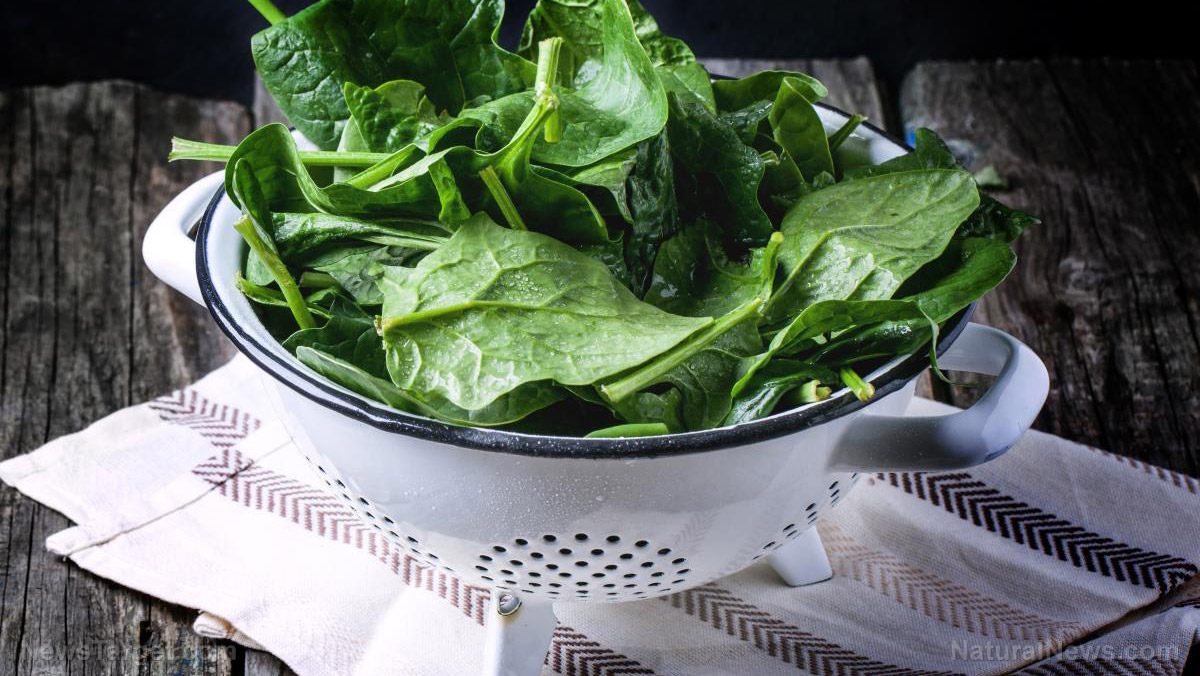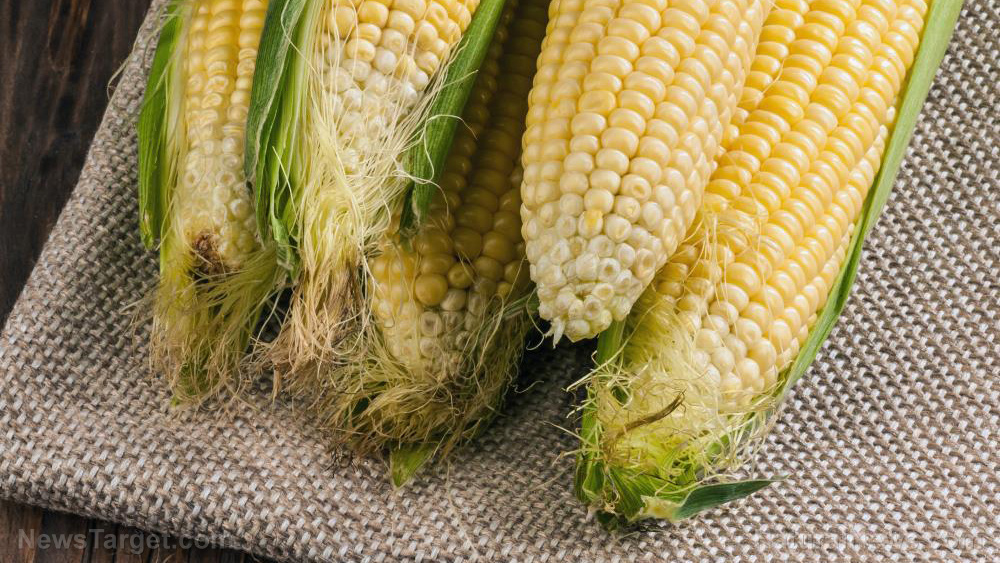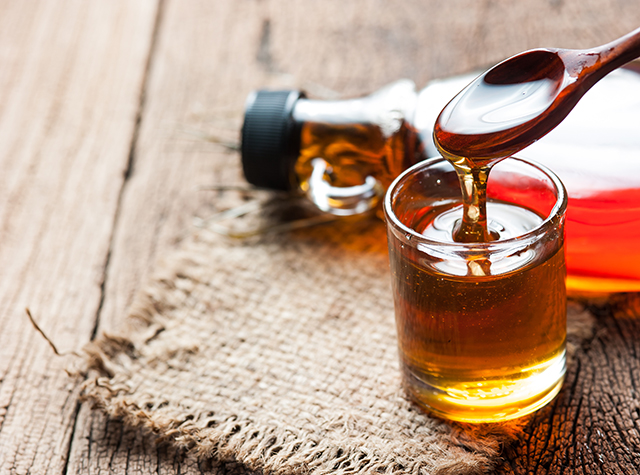Low-carb diet — sources, health benefits at NaturalPedia.com
12/15/2017 / By Zoey Sky

A low-carb diet is a diet that restricts carbohydrates, which can be found in sugary foods, pasta, and bread. This diet is high in protein, fat, and healthy vegetables. There are many different types of low-carb diets, and studies have proven that they can cause weight loss and improve health.
Dietary carbohydrates are the body’s primary source of energy, and they are also required for the proper function of everything from muscle contractions to brain activity. Carbohydrates are classified into two basic groups:
- Simple carbohydrates — These are often one-sugar molecules (monosaccharides) or two-sugar molecules (disaccharides). This category includes refined carbohydrates that are quickly digested and rapidly release sugar into the bloodstream.
- Complex carbohydrates — Starchy carbs that are made up of many simple sugars joined together by bonds, and the more bonds, the more complex and the longer the carbs take to break down. Complex carbohydrates can decrease feelings of fatigue or hunger between meals.
The Reference Intake (RI) for a balanced diet is currently 260 grams (g) of carbohydrates a day. People on a low-carbohydrate diet only consume less than 50g a day.
Ketosis is often a by-product of a low-carbohydrate diet. Ketones are produced when the body’s glycogen stores are used up and protein and fat become the primary source of fuel.

Benefits of a low-carb diet
Listed below are the scientifically-proven weight loss and health benefits of a low-carb diet:
- It increases your HDL (good) cholesterol levels – HDL stands for “high-density lipoprotein,” and is often referred to as “good” cholesterol, while LDL stands for “low-density lipoprotein,” or what is usually called “bad cholesterol.”
- Helps control LDL cholesterol
- Lowers triglycerides (fat molecules)
- Decreases blood pressure
- Manages insulin
Food items typically found in a low-carb diet
Because your food choices are limited, low-carbohydrate diets are low in calories yet high in protein and fat. The proportion of protein and fat is increased to contribute towards the calories that formerly came from carbohydrate sources. Always read ingredients lists, even on foods labeled as “health foods.”
A low-carb diet often includes these real, unprocessed, low-carb foods:
- Meat – Beef, lamb, pork, chicken, and others. Grass-fed is best.
- Fish – Salmon, trout, haddock and many others. Wild-caught fish is best.
- Eggs – Omega-3 enriched or pastured eggs are best.
- Vegetables – Spinach, broccoli, cauliflower, carrots, etc.
- Fruits – Apples, oranges, pears, blueberries, and strawberries.
- Nuts and seeds – Almonds, walnuts, sunflower seeds, etc.
- High-fat dairy – Cheese, butter, heavy cream, and yogurt.
- Fats and oils – Coconut oil, butter, lard, olive oil, and cod fish liver oil.
Avoid these seven foods (listed in order of importance):
- Sugar – Soft drinks, fruit juices, agave, candy, ice cream, and many others.
- Gluten grains – Wheat, spelt, barley, and rye. Include breads and pastas.
- Trans fats – “Hydrogenated” or “partially hydrogenated” oils.
- High omega-6 seed and vegetable oils – Cottonseed, soybean, sunflower, grapeseed, corn, safflower, and canola oils.
- Artificial sweeteners – aspartame, saccharin, sucralose, cyclamates, and acesulfame potassium.
- “Diet” and “low-fat” products – Many dairy products, cereals, crackers, etc.
- Highly processed foods
Body systems supported by a low-carb diet
A low-carb diet, especially one that replaces bad carbs with good (complex) carbs, helps regulate spikes in blood sugar. This can then lower blood pressure and promote heart and circulatory system health.
Where to learn more:
- Low-carb diet may reverse kidney failure in diabetics, says new research
- Low-carb vegan diet found to reduce weight gain and heart attack risk
- Study Shows Low-Carb Diet Improves Cholesterol (press release)
- Low-carb diet almost kills new mom
- Low Carb Diet Results: 3 Reasons This Diet Isn’t The Answer for Weight Loss
Summary
A low-carb diet is a diet that restricts carbohydrates, which can be found in sugary foods, pasta, and bread.
A low-carb diet is a scientifically-proven way to lose weight, and it has a lot of health benefits.
A low-carb diet helps regulate spikes in blood sugar, which lowers blood pressure and promotes heart and circulatory system health.
Sources include:
Tagged Under: low carb diet




















